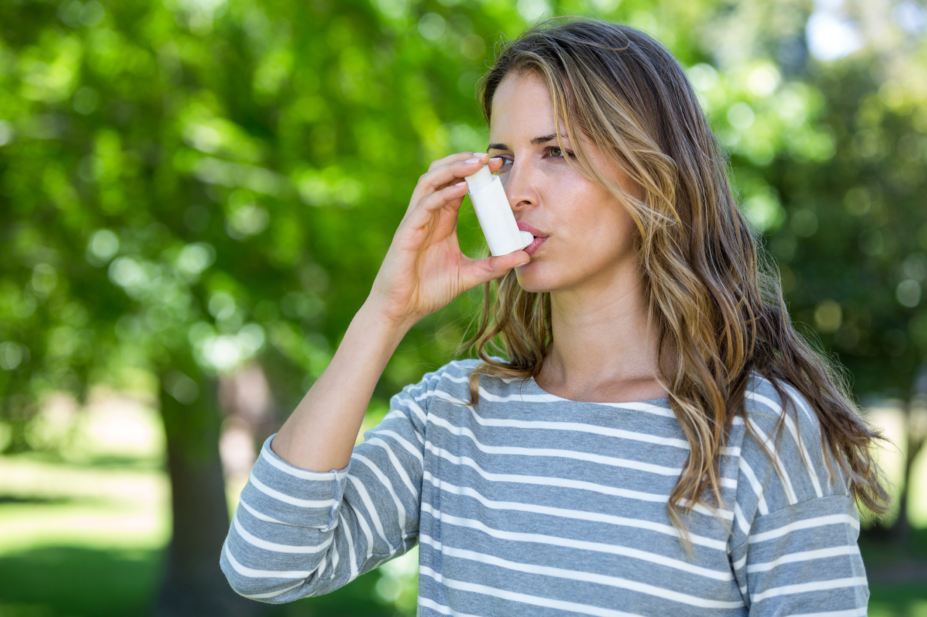
Shutterstock.com
The National Institute for Health and Care Excellence (NICE) has developed a new patient decision aid to help patients choose the best asthma inhaler for both them and the environment.
The decision aid, published on 8 April 2019, says some inhalers have a much higher carbon footprint than others and how, where several inhalers are viable options, patients can opt for those that are more environmentally friendly to help cut the NHS’s carbon footprint.
According to NICE, metered dose inhalers (MDIs) contain hydrofluorocarbon (HFC) propellants, which are “powerful greenhouse gases” and can contribute to global warming. While HFCs help to propel the dose into the patient’s respiratory system, many people will be able to achieve the same benefit from dry powder inhalers (DPIs).
The aid highlights that MDIs have an estimated carbon footprint of 500g carbon dioxide equivalent per dose, compared to 20g in DPIs. Just five doses from an MDI would be equivalent to driving nine miles in an average car, NICE calculates.
“This aid will help people make shared decisions on which inhaler is right for them, and help them use that inhaler effectively. This can help them to control their asthma, rather than have their asthma control them,” said Gillian Leng, deputy chief executive at NICE.
“People who need to use metered dose inhalers should absolutely continue to do so — but if you have the choice of a green option, do think about the environment. Cutting carbon emissions is good news for everyone, especially those with respiratory conditions.”
The aid, which is partially funded by the Sustainable Development Unit, also highlights how all used inhalers should be returned to local pharmacies for recycling or environmentally safe disposal, especially pressurised MDIs. Spacers cannot currently be recycled.
GSK has been running an inhaler recycling and recover scheme called ‘Complete the Cycle’ since 2011.
Inhalers are collected from participating pharmacies as part of routine deliveries by the company and are then taken for recycling or recovery, which means using the non-recyclable parts of the inhaler to generate energy.
According to the company, by the end of 2017 over 1.2 million inhalers, of the 73 million prescribed every year, had been recycled or recovered — equivalent to taking 5,199 cars off road.


